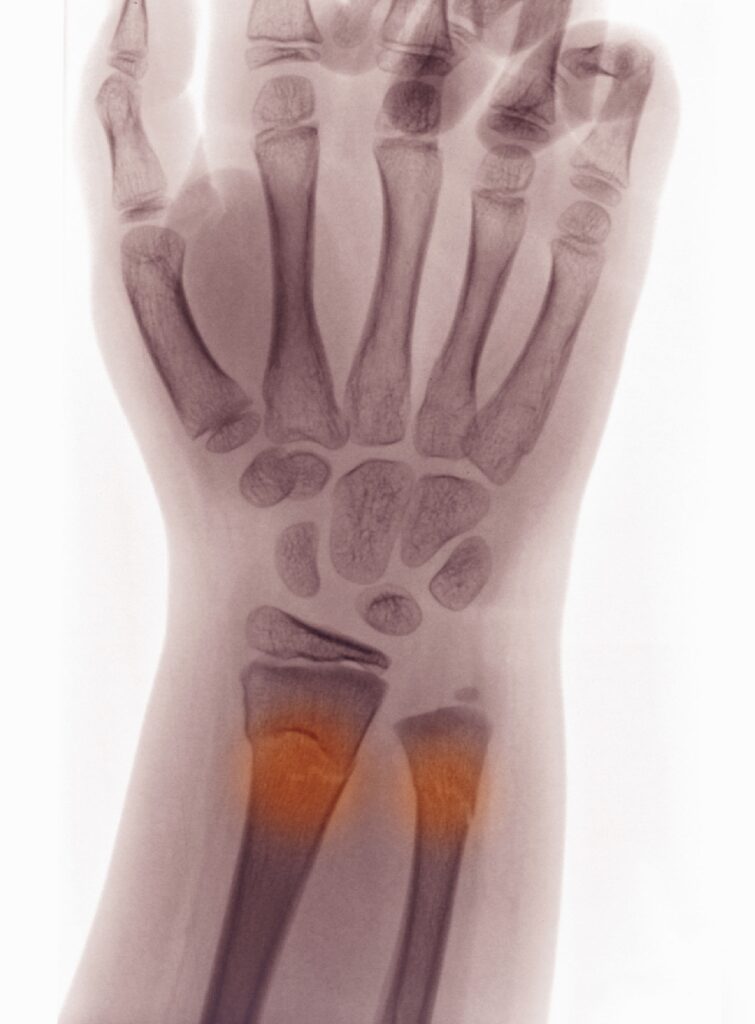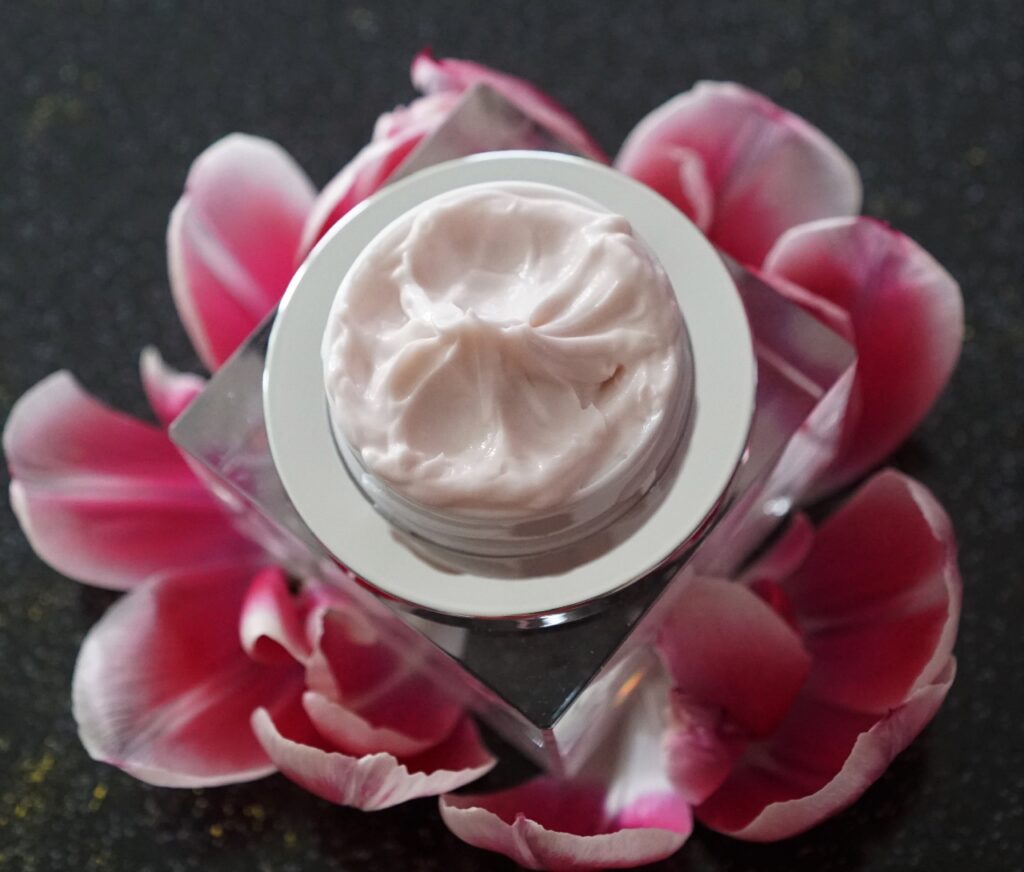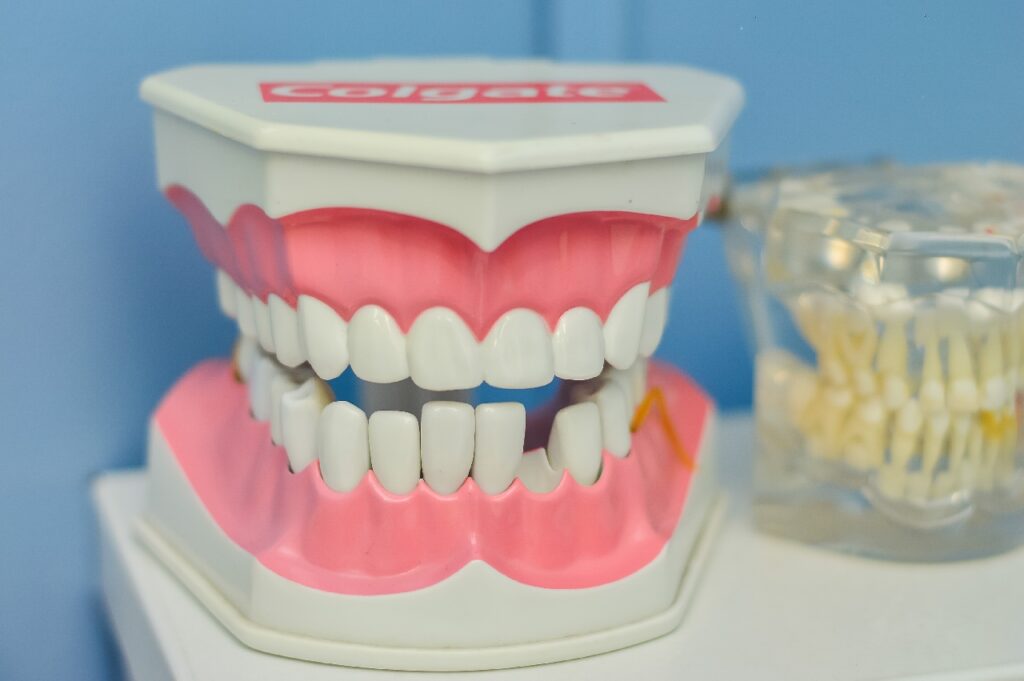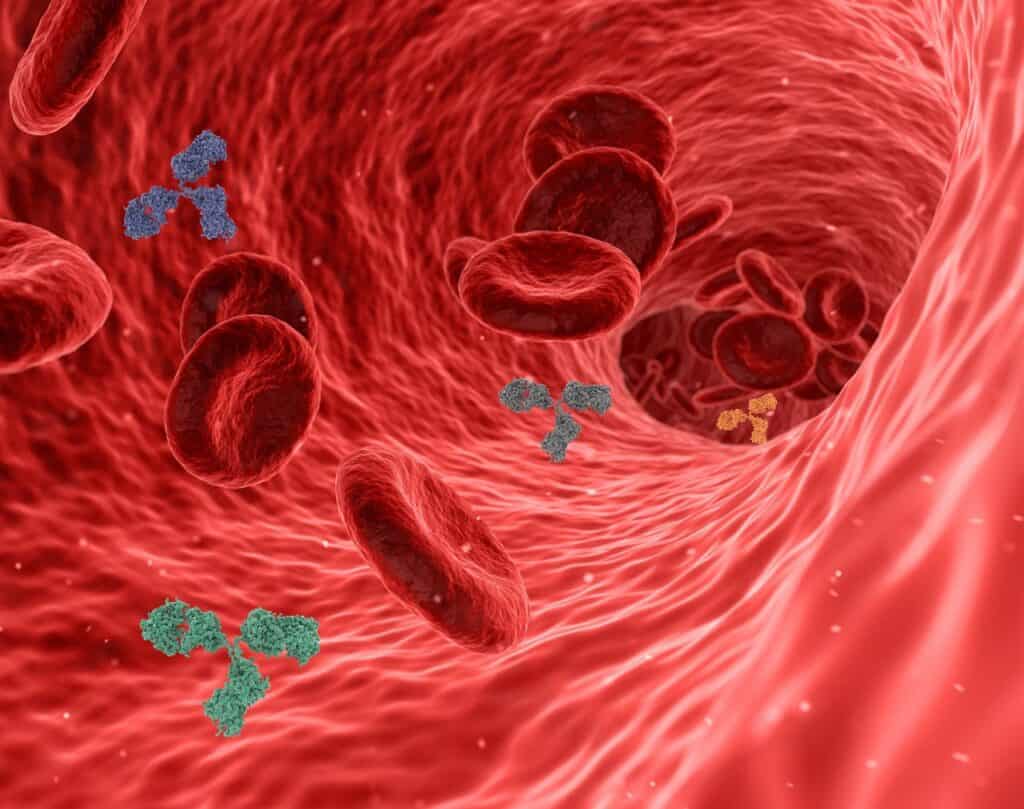Are you looking for a truly extraordinary elixir, a miraculous cure-all that would not only make your ailments go away but also grant you the much-desired comfort? Don’t worry; castor oil’s enchanted abilities are here to save you. Due to its amazing ability to promote well-being, this unique potion, made from the seeds of the castor plant, has been cherished for ages. Witness the many benefits of castor oil, a powerful substance that may address your specific health issues with unmatched skill. This thorough guide will guide you about the 32 uses of castor oil, covering everything from promoting lush hair growth to relieving bothersome digestive problems.

Castor oil is the oldest and most useful natural treatment in the world. For thousands of years, practitioners treasured the rich, golden oil for its medical qualities to restore the health of ancient civilizations. However, in modern civilization, castor oil gained popularity as a hair and beauty cure.
History of Castor Oil
According to historians, castor oil emerged in nearly every ancient culture. The Egyptians were early adopters of oil, originally utilizing it as a lamp fuel before realizing its therapeutic value. The Egyptians used castor oil to protect their eyes from discomfort, according to the Ebers Papyrus, Egyptian medical literature from 1500 BC.

The Greeks and Romans used the oil as an ointment and health elixir, and it finally became known as ‘the secret of beauty in Ayurvedic medicine. Quickly the oil became known during this time. In fact, castor seeds have been discovered in ancient burials dating back to 4000 BC, illustrating how common the oil was during this era.
Castor oil is anti-inflammatory, analgesic, and anti-pruritic, which means it helps alleviate swelling, discomfort, and irritation. It is also high in naturally occurring vitamins and bioactive substances, which offer a variety of health advantages. The traditional ritual of utilizing Castor Oil as a holistic, therapeutic treatment deserves a place in any modern medical cabinet, from calming pain to healing wounds.
Harvesting Castor Oil
Castor is one of the world’s oldest cultivated crops. The oil is extracted from the seeds of the castor bean plant, which grows in the fertile soils of India, Africa, and South America. Traditionally, practitioners would manually select, peel, and press the seeds to get the nutrient-rich oil.
The extraction procedure we use now is roughly the same as it was thousands of years ago, while technology has made the process significantly more efficient.
What makes Castor Oil good for you

Ricinoleic acid, a strong antioxidant with anti-inflammatory effects, accounts for more than 90% of castor oil. When applied topically, it can enhance circulation and oxygenation in the skin (as well as the tissues beneath) to accelerate cell regeneration and promote healing.
The oil is high in vitamin E and omega-6, and 9 concentrations help cells in the body operate properly, reducing inflammation, swelling, and discomfort. There is also evidence that castor oil has detoxifying properties.
32 Benefits of Castor Oil
1. Helps shrink tumors, cysts, and warts
Many individuals are unaware that castor oil is a debatable ingredient. That is, it has the capacity to extract dangerous poisons that accumulate in body tissues. This is usually linked to one of its active constituents, Ricinoleic acid, a rare Omega-9 fatty acid. This gives the oil the ability to shrink cysts and tumors.
Castor Oil is also effective in dissolving these growths:
- Fibroadenomas (benign breast lumps made up of glandular and fibrous tissue)
- Lipomas (painless lumps beneath the skin made up of fatty tissue)
- Ganglion cysts (round, hard, fluid-filled lumps that grow on joints, most commonly wrists and tendons)
- Ovarian cysts (either fluid-filled or solid sacs that grow within or on the outside of an ovary)
- Uterine fibroid tumors (tumors that grow as a single tumor or in clumps, either within the uterus or within or on the outside of the uterine wall)
- Dermatofibromas (fibrous nodules or lumps that appear under the skin, usually on legs or arms
2. Reduces inflammation and pain

Castor oil may be administered to the skin topically using a Castor Pack. Ayurvedic practitioners use a towel soaked in oil to apply to the afflicted region and leave it to seep into the skin as a natural pain treatment approach.
3. Soothes Arthritis

According to a 2009 study, Castor oil’s anti-inflammatory and analgesic qualities may aid in the treatment of osteoarthritis. After four weeks, 92 percent of subjects had considerable pain relief while taking a castor oil supplement.
Castor oil’s analgesic and anti-inflammatory properties help to relieve joint discomfort and even aid digestion. You can use the oil topically to help relieve Arthritis symptoms. The oil’s anti-inflammatory ricinoleic acid seeps into the skin, reducing inflammation and soreness in the joints. Due to these properties, it also helps with bone spurs.
4. Helps with Menstrual cramps

The omega-9 in the oil relieves pain and discomfort by penetrating deep into the skin to increase circulation and relieve cramps. A warm castor oil pack, similar to using a hot water bottle, provides a relaxing relief from discomfort and uncomfortable cramps. Castor oil boosts circulation and blood flow. Although it reduces menstrual discomfort, it may not be suitable for people who have heavy periods.
5. Helps with fibroids
Castor oil offers a wide range of therapeutic benefits. It breaks up blockages and flows blood in the female reproductive area, softens masses, avoids the accumulation of extra endometrial tissue, and restores normal periods.
6. Promotes hair growth

Castor Oil’s natural characteristics help to enhance the condition and development of hair. The fatty acids and omegas support the hair shaft as it grows, helping it to grow stronger and longer. And its oxygenating capabilities stimulate the hair follicle, which lengthens the growth phase of the follicle when rubbed into the scalp or brows.
7. Helps dry eyes and Cataracts

Many well-known brands of eye drops use castor oil as a component. This is because research has shown that castor oil helps improve eye irritation and dryness. The oil forms a thin, non-intrusive coating over the eye, preventing water from evaporating from the surface of the eye.
Apply a tiny quantity of castor oil to each eyelid. The oil’s anti-pruritic properties aid in the relief of dry, painful cataracts and itchy eyes. It is a fantastic natural option for people who suffer from dry eyes or hay fever.
8. It is a natural moisturizer

Ricinoleic acid helps the skin stay moisturized, and creates a barrier on the skin that reduces water loss and retains its moisture.
Cosmetic manufacturers frequently include it in items such as lotions, cosmetics, and cleansers. However, this rich oil can be used on its own as a natural alternative to store-bought moisturizers and lotions.
Many popular store-bought moisturizing creams include potentially dangerous substances such as preservatives, fragrances, and colors, which can irritate the skin and affect general health. By substituting castor oil for these items, you can decrease your exposure to harmful compounds.
9. Helps skin conditions
Massaging castor oil into your skin to relieve dryness, psoriasis, eczema, and scarring. Ricinoleic acid acts to minimize irritation and inflammation, while bioactive substances promote cell renewal and wound healing. According to a 2014 study, castor oil aided in the healing of ulcer ulcers faster and better than alternative treatment approaches.
10. Helps with acne

Castor oil’s antibacterial and anti-inflammatory qualities make it effective for acne treatment. Ricinoleic acid has the ability to suppress the development of acne-causing bacteria. Other fatty acids are abundant in castor oil. When applied to face skin, they can improve smoothness and suppleness. Castor oil is also low in comedogenicity. This means it is unlikely to clog pores in the skin and decreases the likelihood of blackhead formation, making it suitable for use on sensitive skin.
11. Prevents skin damage caused by free radicals
Castor oil is high in antioxidants, so it not only hydrates and soothes the skin but it also protects against free radical damage. This, in turn, inhibits premature aging by preventing collagen damage, and it helps to minimize acne by attacking germs and reducing any irritation.
12. Eliminates fine lines and wrinkles

Castor oil is effective in reducing fine lines and wrinkles because it penetrates deeply into the skin, stimulating the formation of elastin and collagen. These two skin components are responsible for their elasticity and tautness.
The emollient characteristics of castor oil help it to enter the skin swiftly, keeping your face moisturized and plump, which is beneficial for decreasing the appearance of fine lines and wrinkles.
13. Promotes wound healing
Castor oil applied to wounds creates a moist environment that may aid in healing and prevent sores from drying out. Venelex, a common ointment used to heal wounds in clinical settings, includes a combination of castor oil and Peru balsam, a balm produced from the Myroxylon balsamum tree.
Venelex is a wound dressing that is used to treat chronic and acute wounds as well as skin ulcers, including:
- pressure ulcers
- diabetic ulcers
- burns
- surgical wounds
It aids in the reduction of smells, the protection of wounds, and the creation of a moist environment conducive to healing. Furthermore, the major fatty acid present in castor oil, ricinoleic acid, has anti-inflammatory and pain-relieving qualities. It may help reduce skin inflammation, promote healing, and alleviate discomfort in those who have wounds.
14. Helps relieve constipation

One of the most well-known therapeutic uses of castor oil is as a natural laxative. Castor oil increases the activity of the muscles that push material through the intestines, assisting in bowel clearance, which makes it a stimulative laxative. Stimulative laxatives are widely used to treat transient constipation or to empty out the colon before medical operations.
Several studies discovered that castor oil treats constipation. A 2011 research, for example, discovered that when older people consumed castor oil, they had fewer constipation symptoms, such as less straining during bowel movements, and fewer reported experiences of incomplete bowel movements.
While tiny quantities of castor oil are harmless, greater amounts might produce stomach discomfort, nausea, vomiting, and diarrhea. Although castor oil helps with occasional constipation, it is not advised as a long-term health solution.
15. Can be used to clean and store dentures

A variety of bacteria and fungi, including Candida fungi, thrive on dentures. If dentures are not properly cleaned and preserved, this might lead to oral problems. An overgrowth of Candida fungus can cause denture stomatitis, which is an infection that causes inflammation, redness, and irritation in the mouth.
Cleaning dentures with castor oil may help minimize the chance of getting denture stomatitis since castor oil can help destroy germs and fungus. According to one study, soaking infected acrylic teeth in a solution containing 10% castor oil for 20 minutes reduced the number of dangerous microorganisms.
16. Strengthen Brittle Nails
Brittle nails can be a persistent problem, but with castor oil, you can restore their strength and vitality. This nourishing oil contains essential nutrients like vitamin E, minerals, and fatty acids that promote healthy nail growth. Massage a few drops of castor oil into your nails and cuticles every day. The oil’s deep penetration will moisturize and strengthen your nails, preventing breakage and leaving them looking healthy and beautiful.
17. Relieve Sunburn
When sunburn strikes, castor oil can provide soothing relief. Its anti-inflammatory properties help reduce redness, swelling, and discomfort caused by excessive sun exposure. Gently apply a thin layer of castor oil to the affected area. The oil’s emollient nature will hydrate your skin, promoting healing and easing sunburn symptoms. Remember to seek medical attention for severe burns or if symptoms persist.
18. Improve Dry and Cracked Heels
Dry and cracked heels can be painful and unsightly, but castor oil can help soften and rejuvenate them. Before bedtime, generously massage castor oil onto your feet, paying special attention to the dry and cracked areas. The oil’s moisturizing properties deeply penetrate the skin, providing intense hydration and promoting healing. With regular use, you’ll notice your heels becoming smoother and more supple, allowing you to step with confidence.

19. Treat Ringworm
Ringworm, a common fungal infection, can cause discomfort and embarrassment. Castor oil’s antifungal properties make it a natural remedy for combating ringworm. The oil’s potent compounds will help inhibit the growth of the fungus, providing relief and accelerating the healing process. Maintain proper hygiene and consult a healthcare professional if the infection persists.
20. Improve the Appearance of Scars
If scars are affecting your confidence, castor oil can be your ally. The powerful properties of this oil aid in the regeneration of skin cells, promoting the gradual fading of scars. Gently massage a small amount of castor oil onto the affected area using circular motions. Over time, you’ll notice the scars becoming less noticeable, revealing smoother and more even-toned skin.
21. Hydrates Chapped Lips
Castor oil can also help chapped lips, which are uncomfortable and unattractive for many. For this, you can apply a small amount of castor oil to your lips to hydrate them. The remarkable emollient features of the oil offer immediate treatment for cracked, dry lips. Moreover, with regular use of castor oil, your lips will stay smooth, soft, and ready for countless smiles.

22. Evens Skin Tone
You may feel self-conscious if your skin tone is uneven, but castor oil might help you feel more confident. To get rid of uneven skin tones, massage a few drops of castor oil into discolored skin spots. Dark spots and blemishes are less noticeable because of the oil’s hydrating and reviving effects on the skin. Most importantly, your skin tone will become more uniform and radiant with continued use, giving you more self-assurance.
23. Reduces the Appearance of Stretch Marks
Castor oil is frequently promoted as a natural remedy for stretch marks. While there have been reported experiences and claims about its efficacy, it is crucial to remember that scientific evidence supporting castor oil’s effectiveness in decreasing stretch marks is minimal.
Stretch marks appear when the skin extends fast, causing the collagen and elastin fibers to break down. Castor oil’s hydrating and nourishing characteristics might assist in improving the skin’s overall appearance and moisture. It may also stimulate collagen formation, which may contribute to the gradual disappearance of stretch marks.
Apply just a little castor oil to the stretch marks-affected regions each day and gently massage. The act of massage itself can promote blood flow and facilitate the oil’s absorption. As apparent results may take some time to manifest, consistency and patience are essential. Moreover, the most important aspect of using natural remedies is to manage your expectations.
24. Helps with Insomnia
Castor oil is a natural cure that can help you fall asleep and stay asleep soundly if you’re having trouble doing so. Apply a little castor oil on your chest, neck, and temples before you go to sleep. Castor oil can help you establish a relaxing evening routine and enjoy the restorative effects of sleep.

25. Improves Libido
Although castor oil has been thought to have aphrodisiac qualities, there is little solid scientific evidence to back up this claim. Numerous things might affect libido, and each person will experience this differently. It is advised to speak with a healthcare professional or certified expert who can offer individualized advice and suitable solutions if you have concerns about your libido or sexual health. In short, when treating sexual health issues, it is crucial to rely on knowledge that is supported by evidence and expert counsel.
26. Balances Hormones
Although there is little scientific proof to support this, castor oil has been recognized for its potential involvement in hormone balancing. The components of castor oil, according to supporters, may affect hormone regulation and aid in reestablishing equilibrium. Some people have reported good benefits on their hormonal health, although individual experiences differ. But it’s crucial to examine these assertions with caution and get advice from medical experts. What is effective for one individual may not be effective for another because hormonal balance is a complicated process influenced by many variables. As with any natural remedy, it is prudent to be well-informed, consult experts, and remain attentive to individual health needs and responses.
27. Thickens Eyebrows
Do you wish your brows were thicker and more arched? The secret component to getting the desired look can be castor oil. Before going to bed, delicately massage a little amount of castor oil over your eyebrows with a clean mascara wand or cotton swab. The nourishing qualities of the oil reach the hair follicles and encourage the growth of eyebrow hair. Your eyebrows will become thicker and more pronounced with time and consistent application, attractively framing your face.

28. Lengthens Eyelashes
Castor oil might help you realize your dream of having long, thick lashes. The nourishing and fortifying qualities of the oil may encourage lash growth, making them gradually longer and more alluring. Castor oil might help you get the gorgeous lashes you’ve always wanted.
29. Battles Skin Aging
The fight against aging is a shared goal, and castor oil can be a useful ally in your skincare regimen. The oil’s rich antioxidant content helps fight against free radicals, preventing premature aging. Castor oil has rejuvenating qualities that may help lessen the visibility of fine lines, wrinkles, and age spots, exposing a more young and vibrant face.

30. Can Induce Labor
Castor oil has been traditionally used as a safe, all-natural way to induce labor in delayed pregnancies. Moreover, Healthcare professionals may occasionally advise using castor oil to induce labor in delayed pregnancies.
Note: To protect the safety of both the mother and the child, you must speak with your healthcare provider before choosing this approach.
31. Improves Blood Circulation
Castor oil may help with improving blood circulation, which is important for general health. Castor oil can be used to trouble spots like your legs or aching muscles. The oil’s warming properties, combined with its potential to reduce inflammation, can potentially improve blood flow and provide relief.

32. Helps with Dry Scalp
Castor oil can help ease the discomfort associated with a dry, itchy scalp. Allow castor oil to deeply permeate your scalp by giving it a gentle massage. The moisturizing qualities of the oil nourish the scalp and lessen dryness and flakiness. Moreover, the use of castor oil on a regular basis can assist in improving scalp health, leaving you with moisturized, itch-free hair.
Possible Risk associated with Castor Oil
The following are some of the health hazards connected with the usage of castor oil:
Allergies
Some people may be allergic to the castor plant, causing stinging, swelling, or rashes when they use castor oil.
Discomfort in the Body
Excessive use of castor oil can result in nausea, cramping, disorientation, and muscular weakness. Take it only as directed by your doctor, and never on an empty stomach.
Concerns About Pregnancy
Pregnant women should avoid castor oil since it may help induce labor. There is also a scarcity of studies on its effects on newborns, children, and women who are nursing.
Overdose
Large quantities of castor oil used orally might be dangerous. Overdoes cause stomach cramping, chest discomfort, and shortness of breath. To avoid an unintended overdose, use castor oil exactly as suggested.
Damage to the Digestive System
Long-term laxative usage might harm your digestive tract and potentially create electrolyte imbalances or dehydration. While castor oil can help with constipation on occasion, you should consult your doctor first to explore treatment alternatives.
Drug Interactions
Castor oil, when combined with diuretics, adrenal corticosteroids, or licorice root, can cause dangerously low potassium levels in the body.
The Conclusion
Castor oil is one of the world’s oldest natural treatments, and millions of people worldwide still use it today. Moreover, the many uses of castor oil make it an extraordinary potion in the world of natural remedies. So, you must try this for your health issues, but only after consulting with a healthcare provider. Misuse or overdose of this natural remedy can lead to side effects.
If you want to witness the incredible uses of other natural remedies, click here.

Leave a Reply